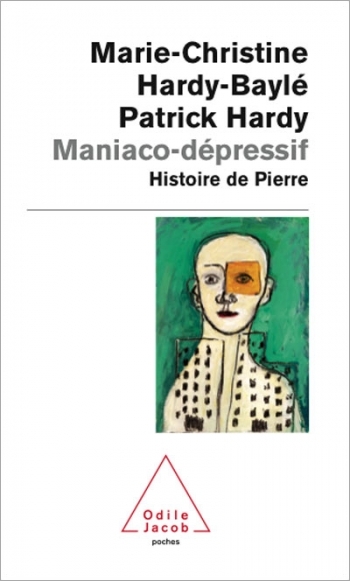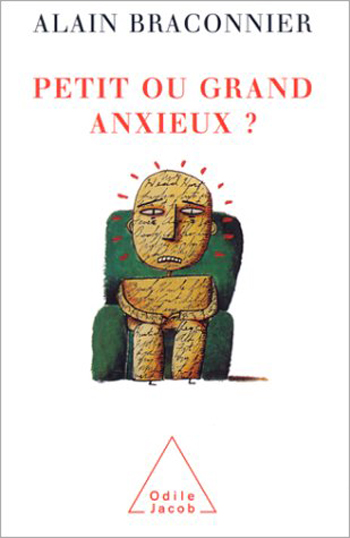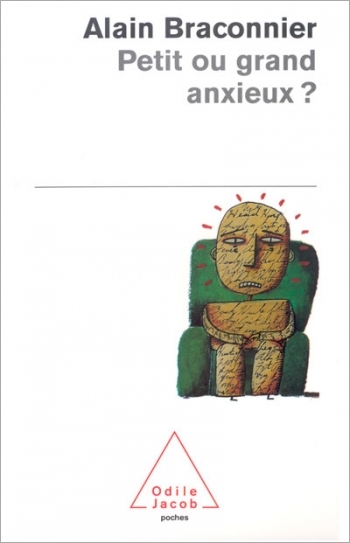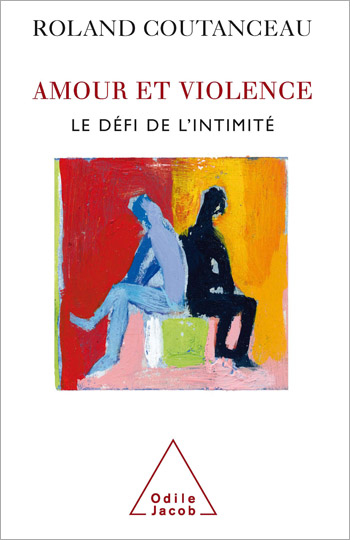Psychiatry All books
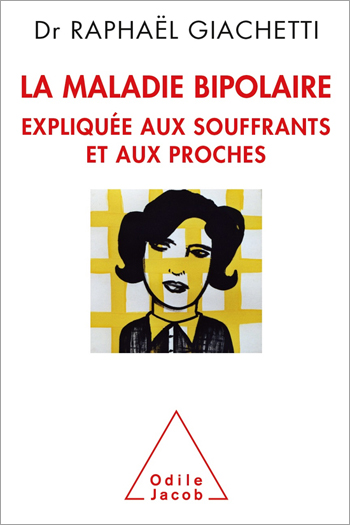
Raphaël Giachetti
Living With Bipolarity
Bipolar disorder explained to patients and their loved ones.
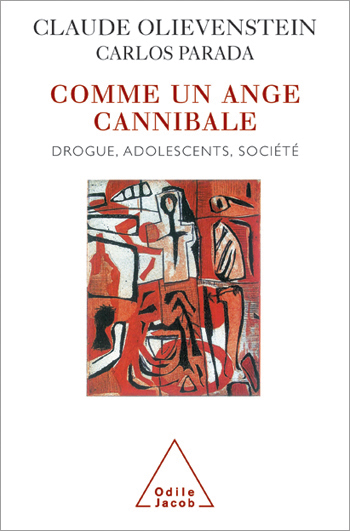
Claude Olievenstein, Carlos Parada
Like A Cannibalistic Angel Drugs, Adolescents and Society
Does it make sense to place hallucinogens and hard drugs in the same category and to regard them all as addictive? Should tobacco and alcohol be put on the same plane as heroin, cocaine and crack ? With the assistance of Carlos Parada, his collaborator at the Centre Médical de Marmottan, Claude Olievenstein offers the reader his latest thoughts and ideas on the highly distinctive world of substance abusers, which is characterised by pleasure, withdrawal, the need for warmth and haste and, above all, by instability and chaos. Claude Olievenstein is the head doctor at the Centre Médical de Marmottan, in Paris, and a senior research fellow at the University of Lyon-II. Carlos Parada, a physician specialising in drug addiction, works at the Centre Médical de Marmottan.
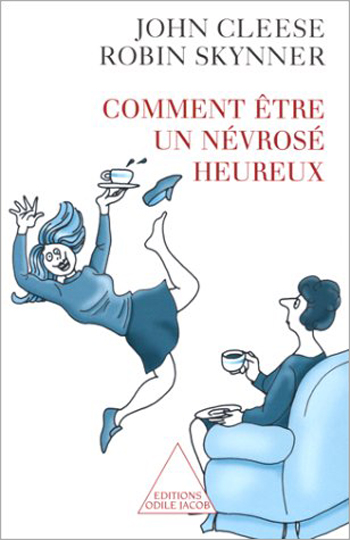
John Cleese, Robin Skynner
Life and How to Survive It
In Life and How to Survive It, the authors have given us more than 400 pages of lively, tonic humour. Their subject is the joy of living and the conditions required to enjoy life to the full. Proceeding by ever-larger concentric circles, the authors successively discuss happy families (brilliant!), companies that allow their employees to fulfil themselves, and finally countries where life is pleasurable. This is British humour at its best, brilliantlyand hilariouslyillustrated. British comic actor John Cleese is famous for the cult television series Fawlty Towers, which he co-authored and starred in. Robin Skynner is a psychotherapist specialising in group therapies.
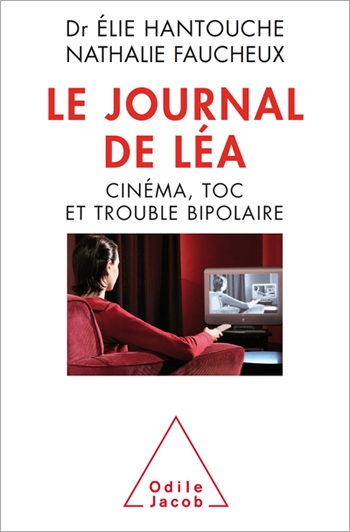
Élie Hantouche, Nathalie Faucheux
Lea's Diary OCDs and Bipolar Disorders
How to overcome one’s mental disorders by watching films about them.

Willy Pasini
Jealousy
The sexual revolution of the 1960s undermined fidelity as well as jealousy, both of which were regarded as out-dated bourgeois concepts. Since then, jealousy has become unacceptable - something that should be hidden because it is somehow shameful. But what if jealousy were intrinsic to human nature, asks Willy Pasini. What if it were an essential part of all of us - a disease that some of us develop while others remain healthy carriers? If jealousy concerns all of us, argues Pasini, we must accept its reality, learn not to be afraid of it and put an end to our feelings of shame and embarrassment. That is the first step. The second step consists in trying to educate our feelings of jealousy, instead of denying them. We can do this by playing with allusions and illusions, with the extraordinary - and forgotten - power of flirtation, with the lightness of being. Here is a book that should help turn jealousy into a positive factor - and even into an aphrodisiac. A psychiatrist and sexologist, Willy Pasini is the author of many best-selling books, including À quoi sert le couple? and Les Nouveau Comportements sexuels, both published by Editions Odile Jacob.
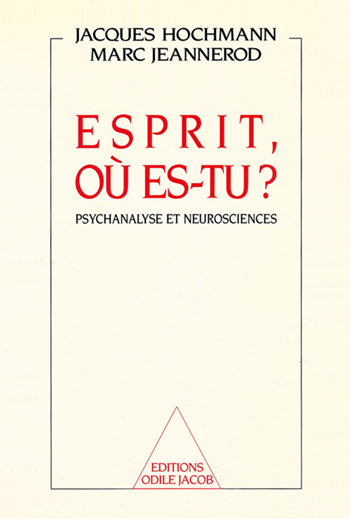
Jacques Hochmann, Marc Jeannerod
Is there anybody there ? Psychoanalysis and Neuroscience
For the first time, a psychoanalyst and a neurophysiologist have put their expertise together in order to progress in knowledge. The focus is rather on their ability to listen to each other, and their avoidance of concessions, than on individualistic, polemic arguments. Thus, important bridges are built between the two disciplines, which perhaps heralds the advent of another psychology. Jacques Hochmann is a professor of psychiatrics and a psychoanalyst. Marc Jeannerod is a professor of physiology and a neurophysiologist.
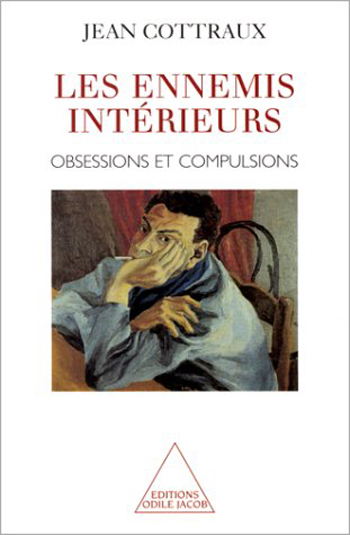
Jean Cottraux
Internal Enemies Obsessions and Compulsions
Why do some people become obsessed with cleanliness, fear of causing accidents, or the idea that they are guilty of some fault or imperfection? Where should the line be drawn between "normal" obsessions, from which everyone suffers to a greater or lesser degree, and pathological obsessions? When should measures be taken to treat those who suffer from obsessions? Why have obsessive-compulsive disorders become so common (2.5% of the population now suffer from them)? Jean Cottrauxs study of several clinical cases enables him to describe how obsessive-thought processes function. Doctor Jean Cottraux is a clinical psychiatrist and lecturer at the Université de Lyon I.

